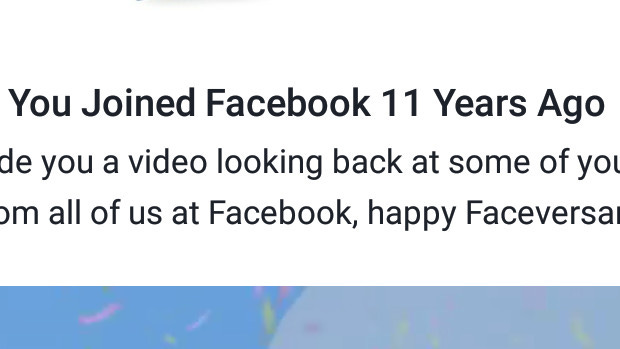The real switching costs
On bulletin boards, block lists, and why it's so hard to come up with a better social tool
Given the number of high-stakes (and often really stupid) choices being made by social-media sites, lots of people wonder whether any service will emerge as a central "public square" after all the dust has settled. The basic argument assumes that the network effects are so prevalent that the natural advantage belongs to whichever service can attract and retain the largest number of active users. The more, the merrier.
■ But there is a strong countervailing force that makes the network effect an incomplete guide to outcomes. Certainly, to some extent, a service needs a baseline number of active contributing users in order to survive. Such as it is with a service like Mastodon today, so it was with BBS communities 30 or 40 years ago. If there aren't enough people "hanging around", it's hard to get anyone to use a service consistently. But the people who lead the sites have lots of incentives to make the switching costs as low as possible: Tools with names like Fedifinder seek to make it easy to reconnect with one's chosen online tribe.
■ The countervailing force, though, is much harder to act upon. The value in a social-media experience isn't just in whom you follow, but in whom you specifically take a disinterest. In terms of fundamental user experience, who you block and who you mute are often even more significant than who you follow. And those features are really hard to replicate. The whole point is to have as little interaction with those accounts as possible -- perhaps because they're spammy, or because they're belligerent. Or maybe they're just consistently stupid.
■ Gresham's Law says that bad money drives out good. Likewise, bad social interactions drive out good. Ben Franklin wasn't wrong when he warned, "He that lies down with dogs, shall rise up with fleas."
■ There is no obvious solution, particularly since the incentives remain astronomical for the "dogs" to mask their identities whenever they find somewhere new to deposit their fleas. And to the service only interested in user growth, it's hard to say "no". In the end, though, that's where success lies: In making it seamless to store and transfer the value of what you've learned about others, not just for good, but also for bad.



